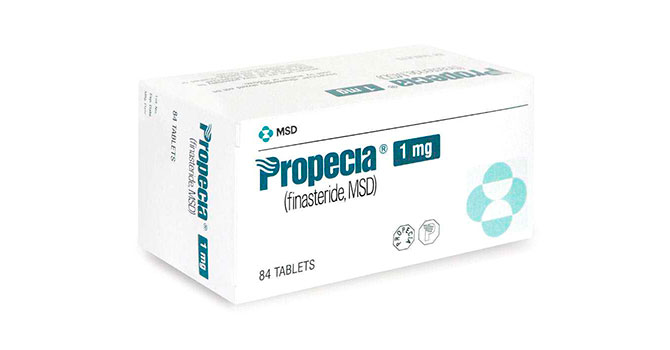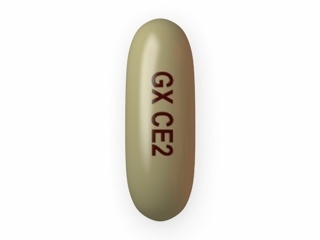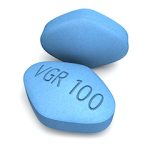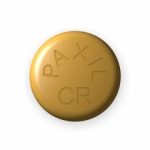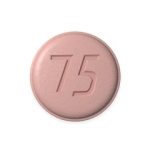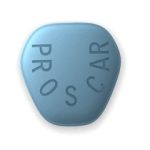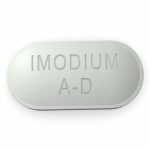Viagra for Seniors: Effectiveness, Safety
Viagra (sildenafil citrate) is one of the most well-known and widely used medications for treating erectile dysfunction (ED). Since its approval in 1998, it has become a symbol of restored confidence and sexual vitality for millions of men. But what exactly is Viagra, how does it work, and is it right for you?
What Is Viagra?
Viagra is a prescription medication used to treat erectile dysfunction — the inability to get or maintain an erection sufficient for sexual intercourse. It belongs to a class of drugs called PDE5 inhibitors, which help increase blood flow to the penis.
- Active ingredient: Sildenafil citrate
- Form: Oral tablet (25 mg, 50 mg, 100 mg)
- Brand names: Viagra, Revatio (for pulmonary hypertension)
- Generic available: Yes
How Does Viagra Work?
Viagra works by blocking the phosphodiesterase type 5 (PDE5) enzyme, which normally breaks down a substance called cGMP. cGMP helps relax the smooth muscles and increase blood flow to the penis during sexual stimulation.
Viagra does not cause automatic erections. It only works when a man is sexually aroused. It takes effect in 30 to 60 minutes and can remain effective for up to 4 to 5 hours.
Who Can Take Viagra?
Viagra is suitable for adult men with erectile dysfunction, but it’s not for everyone. You should not take Viagra if you:
- Take nitrate medications for chest pain (risk of dangerous drop in blood pressure)
- Have had a recent stroke or heart attack
- Have certain rare eye conditions (e.g., retinitis pigmentosa)
Consult a doctor before using Viagra, especially if you have:
- Heart, liver, or kidney disease
- Blood pressure issues
- A history of priapism (painful, prolonged erection)
Recommended Dosage
The typical starting dose is 50 mg, taken about 1 hour before sexual activity. Dosage can be adjusted to 25 mg or 100 mg depending on effectiveness and tolerance.
Tips for Best Results:
- Take it on an empty stomach
- Avoid heavy meals or alcohol
- Do not take more than one dose in 24 hours
Common Side Effects
Viagra is generally well-tolerated, but some men may experience:
- Headache
- Flushing
- Indigestion
- Nasal congestion
- Blurred or blue-tinted vision
More serious (but rare) side effects include:
- Priapism (erection lasting more than 4 hours)
- Sudden hearing or vision loss
- Chest pain or irregular heartbeat
If these occur, seek immediate medical attention.
Is Viagra Safe for Older Men?
Yes — with proper medical supervision. Many men over 60 or even 70 use Viagra successfully. However, the starting dose is often lower, and any existing health conditions must be carefully considered.
Recommended Dosage After 60: What Works and Why It Matters
As men age, the body processes medications differently — and that includes Viagra (sildenafil). That’s why determining the right dose after age 60 is key to both efficacy and safety.
Starting Low, Adjusting Smart
Doctors typically recommend a starting dose of 25 mg to 50 mg for men over 60. This is because:
- Liver and kidney function may decline with age, affecting how the body clears the drug.
- Older adults are more likely to take multiple medications, increasing the risk of drug interactions.
- A lower dose reduces the chance of side effects like dizziness, headaches, or blood pressure drops.
If the 25 mg or 50 mg dose is well-tolerated but not effective enough, your doctor may gradually increase it to 100 mg, the maximum recommended dose.
Important: Never increase the dose on your own. Always follow medical advice.
Is Viagra Still Effective After 60?
Yes — and in many cases, it’s just as effective as it was in younger years. However, its performance may depend on a few key factors:
What Affects Its Effectiveness?
- Underlying Health Conditions: Chronic illnesses like diabetes, heart disease, and obesity can impact blood flow and responsiveness to sildenafil.
- Other Medications: Some drugs — like alpha-blockers, antidepressants, or blood pressure meds — can interfere with Viagra’s action.
- Lifestyle Habits: Smoking, alcohol use, stress, and lack of physical activity all reduce Viagra’s effectiveness.
- Timing and Food: High-fat meals delay absorption. Taking Viagra on an empty stomach gives the best results.
How Long Does It Take to Work?
- Typically 30 to 60 minutes
- Can last 4 to 5 hours, with peak effectiveness around the first 2 hours
- Requires sexual arousal to initiate an erection — it won’t work without it
Viagra vs Other ED Treatments
Viagra is just one of several PDE5 inhibitors. Others include:
- Cialis (Tadalafil): Longer duration (up to 36 hours)
- Levitra (Vardenafil): Similar to Viagra, may be better tolerated
- Stendra (Avanafil): Fastest-acting (as little as 15 minutes)
Natural Alternatives and Lifestyle Support
For mild ED or those who cannot take Viagra, alternatives include:
- Herbal supplements (ginseng, L-arginine, maca)
- Lifestyle changes: exercise, weight loss, reduced alcohol intake, stress reduction
- Psychological support: therapy for performance anxiety or relationship stress
Viagra remains a trusted, effective, and accessible solution for erectile dysfunction. When used responsibly and under a doctor’s guidance, it can significantly improve both sexual health and overall quality of life. But it’s not a magic pill — a healthy lifestyle, open communication, and proper medical care are key to long-term satisfaction.




